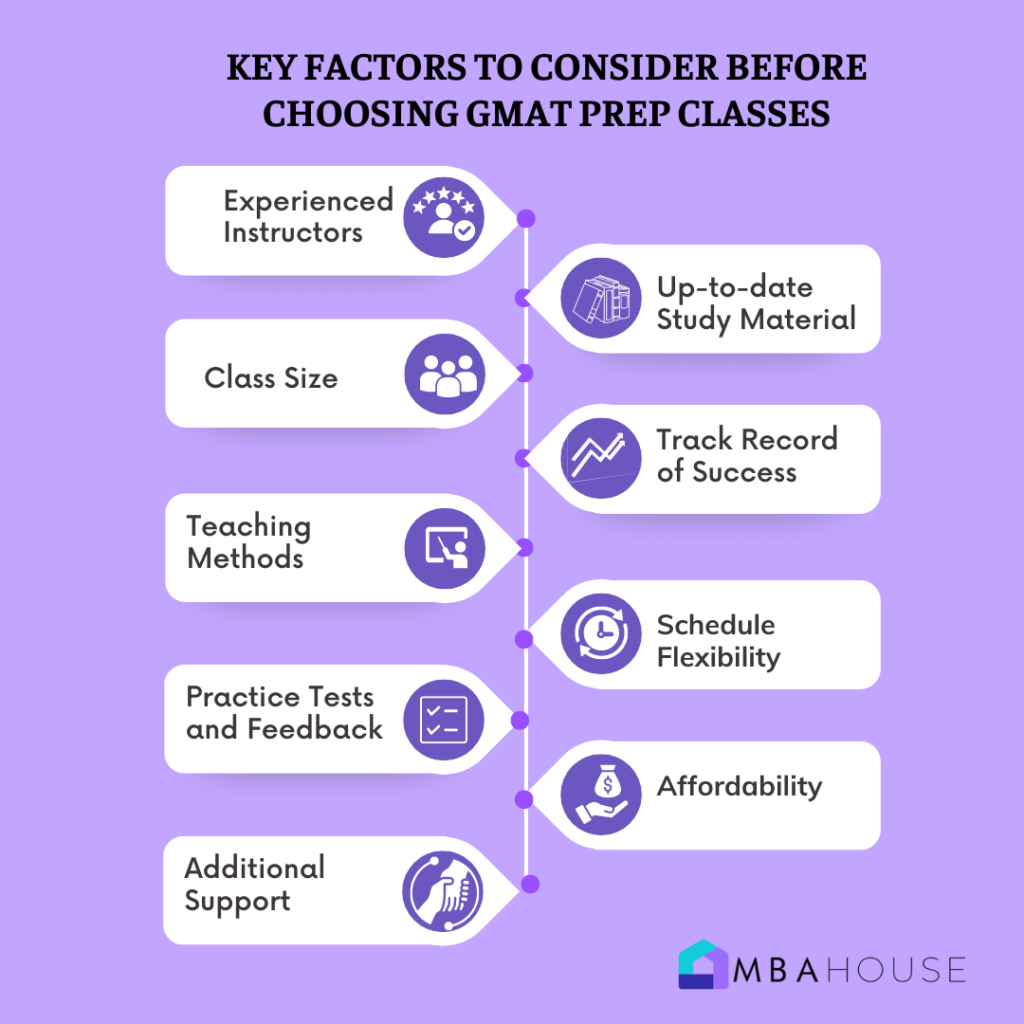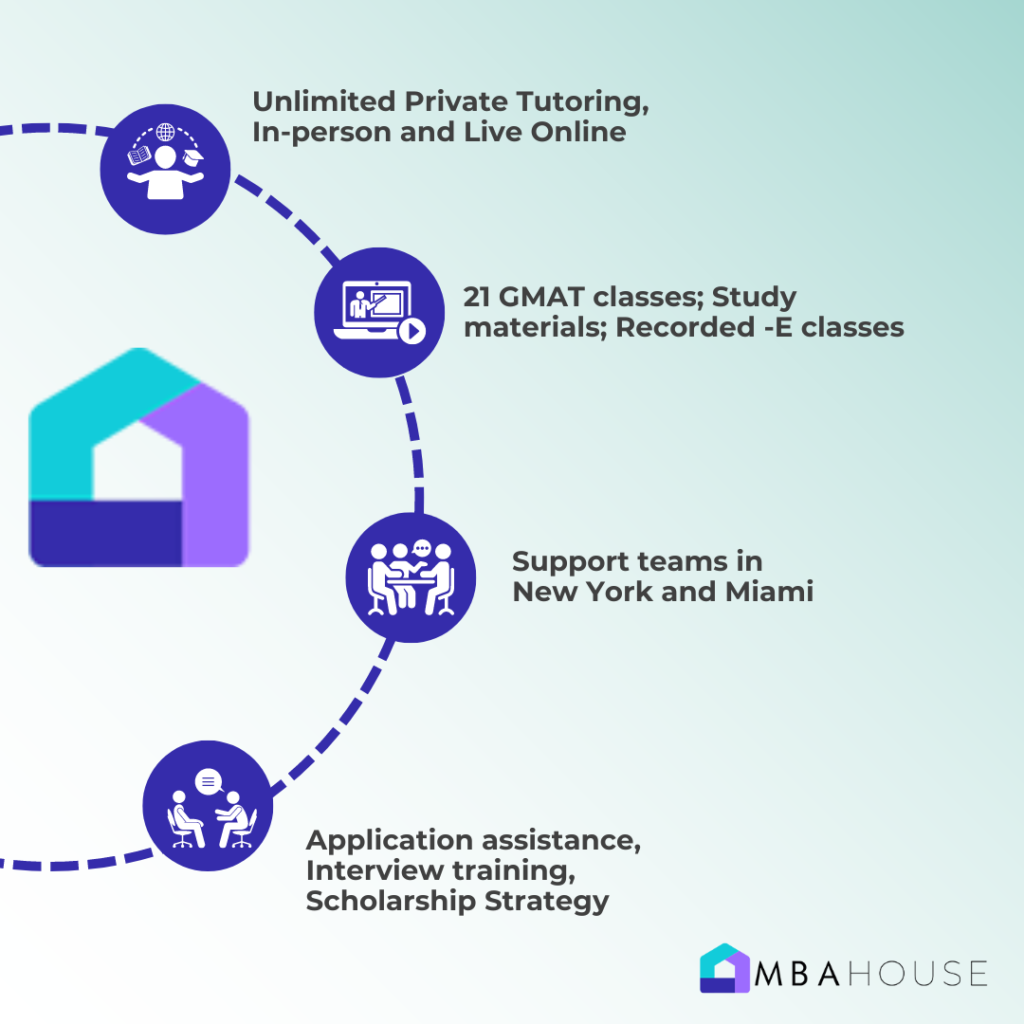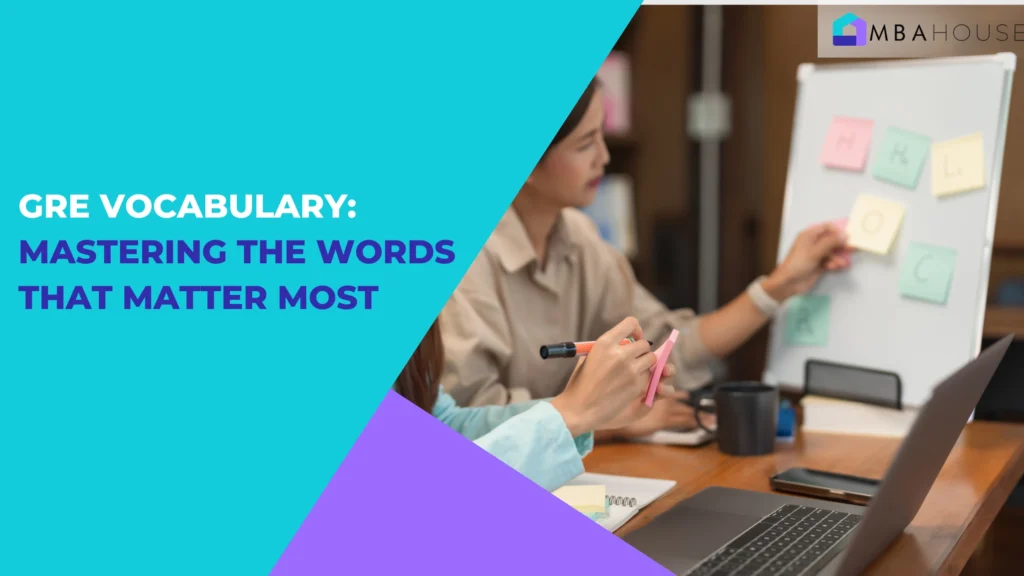If you’re gearing up to take the GMAT, it’s natural to feel a mix of excitement and anxiety. This test is a crucial step toward your MBA goals, and choosing the right prep class can make a significant difference in your preparation journey.
Yet, with so many options and glowing reviews about the best GMAT prep programs, finding the right GMAT course can feel like searching for a needle in a haystack. You might wonder, “How do I even start?” or “What if I pick a course that doesn’t fit my learning style?” These are valid concerns, and it’s okay to feel this way. After all, this is a big investment in your future, and you want to ensure it’s the right fit for you.
The good news is that understanding your learning style can simplify this decision. Are you someone who thrives in a structured environment with regular classes and assignments, or do you prefer the flexibility of online courses that fit into your busy schedule? Perhaps interactive sessions keep you engaged, or maybe self-paced study materials suit you best.
Also, consider the resources you’ll need. Do you benefit from practice tests, interactive lessons, or one-on-one tutoring? Identifying these preferences will help narrow down your options and find a course that not only prepares you for the test but also keeps you motivated.
Your ideal prep class is out there. With a bit of guidance, you’ll find the one that makes all the difference!
In this blog, we’ll explore how to align your unique learning style with the best GMAT prep programs available. We’ll cover what to look for in a GMAT course and how to make an informed choice that sets you up for success.
How Different Learning Styles Affect Your GMAT Prep
| Learning Style | Characteristics | GMAT Prep Recommendations |
| Visual Learners | Prefer visual aids like pictures, diagrams, and charts. | Courses with extensive graphs, charts, and visual explanations. |
| Auditory Learners | Learn best through listening and discussions. | Courses with live classes, recorded lectures, and verbal instruction. |
| Kinesthetic Learners | Learn through hands-on experience and physical engagement. | Interactive modules, simulated tests, and problem-solving sessions. |
| Reading/Writing Learners | Prefer reading and writing information. | Courses with extensive reading materials and written explanations. |
| Logical Learners | Thrive on logical reasoning and understanding principles. | Courses that focus on problem-solving and underlying test principles. |
| Social Learners | Learn best through group interactions and discussions. | Group study sessions and team-based learning exercises. |
| Solitary Learners | Prefer studying alone at their own pace. | Self-paced online courses that offer flexibility and control. |
Now that you have a clearer understanding of your learning style, you’re in a better position to choose the right GMAT preparation classes for yourself. Much like selecting a business school, there isn’t a one-size-fits-all solution for GMAT prep. What works best for one person might not be ideal for another. To help you navigate this decision, it’s worth exploring a few options to see which GMAT course aligns with your needs.
Consider starting by attending a free session or reviewing some sample materials to get a feel for what suits you best. When choosing a course, think about how different aspects—like cost, study materials, and score guarantees—align with your personal preferences.
We’ve simplified this process by evaluating and comparing the pros and cons of what we believe are the six top GMAT preparation classes available. This way, you can make a more informed decision and find the course that fits your learning style and goals.
Key Factors to Consider Before Choosing GMAT Prep Classes

Here’s a simplified checklist for what to look for when selecting your GMAT prep course:
- Experienced Instructors Look for a prep course with knowledgeable instructors who have a deep understanding of the GMAT and can offer useful tips and strategies based on their own experiences.
- Up-to-date Study Materials Ensure the course provides current and well-organized study materials that cover all GMAT sections, including practice tests and a question bank.
- Class Size Consider the size of the classes. Smaller classes offer more personalized attention, while larger ones might foster a more competitive environment. Choose what suits your learning preference.
- Track Record of Success Research the course’s history of student success. Check for positive reviews, testimonials, and high scores from past students.
- Teaching Methods The course should use teaching methods that match your learning style, whether it’s in-person classes, online modules, or a combination of both.
- Schedule Flexibility Choose a course that fits your timetable. Look for options with flexible scheduling, weekend classes, or self-paced online learning.
- Practice Tests and Feedback Opt for a course that includes frequent practice tests and provides detailed feedback to help you understand your strengths and areas for improvement.
- Affordability Make sure the course offers good value for the price. Check that it includes quality teaching, comprehensive resources, and strong support within your budget.
- Additional Support Look for courses that offer extra support, like help with questions, additional practice tests, or guidance on application essays.
Top 6 GMAT Prep Courses You Should Consider
| Company | Price of Full Prep Package | Tutoring Included | Additional Services | Course Components | Support Teams |
| MBA HOUSE | $2,400 | Unlimited Private Tutoring, In-person and Live Online | Application assistance, Interview training, Scholarship Strategy | 21 GMAT classes; Study materials; Recorded -E classes | Support teams in New York and Miami |
| Manhattan Prep (powered by Kaplan) | $850 | $290 per hour | None for self-paced, on-demand course | 1,100+ questions; 6 tests | In-person and online support |
| Princeton Review | $799 | $180 an hour | Score guarantees, practice tests | 3,000+ questions; 4 tests | In-person and online support |
| Target Test Prep | $229 per month or $699 for 6 months | $350 per hour | Score guarantees, practice tests | 4,000+ questions | Online support |
| PrepScholar | $139-$259 | 4 hours from $779 | Score guarantee, practice tests | 750 or 1000+ questions; 2 tests | Online support |
| Magoosh | $349 | N/A | Up to 70-point score improvement guarantee | 800+ questions; 2+ tests | Online support |
Best GMAT Prep Programs
MBA HOUSE

At MBA HOUSE, we offer a range of GMAT prep packages designed to fit various needs and budgets. Our packages start from $2,400 and go up to $6,000, providing a comprehensive approach to GMAT preparation and application support. Our services include unlimited private tutoring, study materials, recorded classes, and additional assistance with applications and scholarships.
Pros:
- Comprehensive Support: We provide a holistic approach to GMAT preparation, including tutoring, study materials, and application assistance.
- Flexible Packages: We offer various packages that cater to different levels of support and budget requirements.
- Application Assistance: Our packages include additional help with applications, interviews, and scholarship strategies.
- Unlimited Tutoring: Enjoy unlimited tutoring hours with our personalized support to ensure thorough preparation.
Cons:
- High Cost: Our services may be more expensive compared to other prep options.
- Complex Pricing Structure: The multiple packages we offer might be a bit confusing for some students to navigate.
Manhattan Prep (powered by Kaplan)
Manhattan Prep offers a robust GMAT prep course for $850 with a six-month access period. Their package includes 1,100+ practice questions and six official GMAT Focus practice tests.
Pros:
- Engaging Materials: Known for high-quality, engaging video lessons.
- Extensive Practice: Includes a large number of practice questions and tests.
- Interactive Learning: Provides access to discussion forums and expert instructors.
Cons:
- No Score Guarantee: Does not offer a score improvement guarantee with the self-paced option.
- Potentially Challenging Practice Tests: Practice tests may be tougher than the actual GMAT.
Princeton Review
Details: Princeton Review’s self-paced course starts at $799 and includes 4,400+ practice problems, four full-length GMAT Focus practice tests, and a four-month access period.
Pros:
- Comprehensive Material: Extensive practice questions and detailed explanations.
- Score Guarantee: Offers a refund if score improvement is not achieved.
- Adaptive Drills: Simulates the adaptive nature of the GMAT.
Cons:
- Short Access Period: Limited to four months of access for self-study students.
- Expensive: Higher cost compared to some other prep courses.
Target Test Prep
Details: Target Test Prep offers a quant-focused GMAT prep course at $229 per month or $699 for six months. It includes over 4,000 practice questions and 1,400+ video solutions.
Pros:
- Quant-Focused Excellence: Known for its strong emphasis on Quantitative preparation.
- Live Expert Support: Includes access to live support from experts.
- Detailed Performance Analytics: Provides in-depth performance tracking and error analysis.
Cons:
- Quant Heavy: Less emphasis on Verbal content compared to other courses.
- Limited Test Experience: Customer test builder may not fully mimic the real GMAT experience.
PrepScholar
Details: PrepScholar’s GMAT prep course ranges from $139 to $259 and includes 750-1,000+ practice problems, two full-length practice tests, and a three to four-month access period.
Pros:
- Personalized Curriculum: Custom study plans based on diagnostic tests.
- Efficient Learning: Tailored for students with limited study time.
- Progress Tracking: Provides detailed insights into skill mastery and areas needing improvement.
Cons:
- Limited Practice Questions: Fewer practice problems compared to competitors.
- Shorter Access Period: Only three to four months of access.
Magoosh
Details: Magoosh offers GMAT prep courses starting at $349 with a one-year access period. The package includes two practice tests, 200+ video lessons, and 800+ practice questions.
Pros:
- Affordable Pricing: Competitive pricing with a one-year access period.
- Comprehensive Content: Includes extensive video lessons and practice questions.
- Free Trial Available: Seven-day free trial and a money-back guarantee.
Cons:
- Limited Practice Tests: Only two practice tests included.
- No Live Tutoring: Does not offer live tutoring options.
Common Questions About GMAT Prep
Are 3 months enough for GMAT preparation?
Most candidates aiming for competitive business schools typically study for 3 to 6 months. With at least 3 months of preparation, you have ample time to thoroughly review and practice. To find a study plan that fits your schedule, check out our GMAT study plan
Can I score 700 on the GMAT in 3 months?
Achieving a 700+ score on the GMAT within three months is possible with a strategic approach and dedicated effort. Customize your study plan to your current level, target score, and available time to ensure a comprehensive and effective preparation.
How hard is it to score a 700 on the GMAT?
Scoring 700 on the GMAT typically requires about 200 to 300 hours of dedicated study. Approximately 20% of test-takers achieve this score. Your familiarity with math or verbal topics can impact how challenging you find the exam, as prior knowledge may make some sections easier.
Is there anything I need to know about the GMAT Focus when starting my prep?
The GMAT Focus, introduced in November 2023, signifies a major shift from the previous test format. By July 2024, only the GMAT Focus will be available, so it’s crucial to ensure your study materials reflect this new format. All prep courses have updated their content to align with the GMAT Focus, so be sure to choose resources that are current and relevant.
What’s the difference between online and in-person GMAT prep courses?
In-person GMAT prep courses offer direct interaction with instructors and peers, which can enhance accountability and provide immediate feedback. Online courses, on the other hand, offer flexibility, allowing you to study at your own pace and on your own schedule. The choice between online and in-person depends on your learning preferences, schedule flexibility, and need for live support.





Social Media